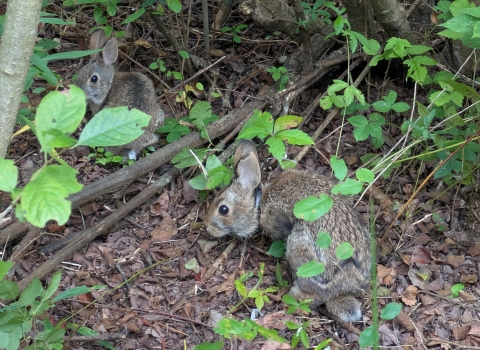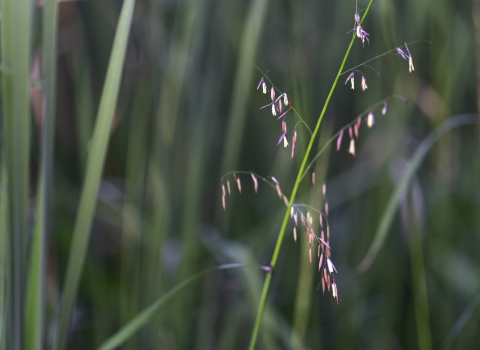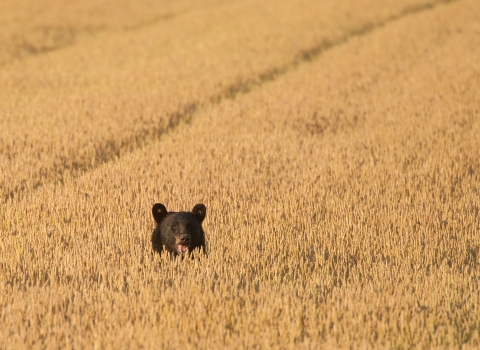Promoting Stream Health in Southern Aquatic Ecosystems
The Apalachicola-Chattahoochee-Flint River Basin (ACF Basin) includes parts of the three states of Alabama, Florida, and Georgia and is an important water resource for both people and native flora and fauna. The river and its tributaries provide water to nearly 4 million people that live in the basin and is a critical source of freshwater for aquatic ecosystems in rivers and to Apalachicola Bay in Florida. Freshwater mussels have incredible diversity, life histories, and high ecological value for the aquatic systems they call home. Several imperiled species of freshwater mussels reside in the ACF River Basin, and despite their small size, mussels are a key indicator of river health. Impoundments, dredging, pollution, siltation, low water flows, and barriers to host fish movement have reduced habitat suitability and impacted native mussel populations in the ACF Basin and other river systems in the Southeast. Improving stream health benefits the lives of mussels and other native species as well as the lives of people who reside in the basin through adequate freshwater quantity and quality.
Mussel Madness at the 2023 ACF Basin Freshwater Mussel Workshop
Fisheries Biologist Andy Hartzog (Panama City Fish and Wildlife Conservation Office) coordinated the 2023 Apalachicola-Chattahoochee-Flint River Basin Freshwater Mussel Workshop along with additional staff from the U.S. Fish and Wildlife Service, Georgia Department of Natural Resources, and The Jones Center at Ichauway. The workshop was held from August 1 - August 3, 2023 at The Jones Center in southwest Georgia, where participants were able to dive into the world of freshwater mussels and learn about life history, identification, and habitat requirements for the mighty mollusks of the ACF Basin.
The group consisted of state and federal biologists, environmental consultants, students, project reviewers, and anyone interested in freshwater mussel sampling. Course instruction included classroom lectures and a field day for hands-on collection and identification of freshwater mussels. Discussion topics included mussel evolution, taxonomy, biology, ecology, shell identification, threats to mussel populations, current research, proposed federal and state listings, survey methods, and molecular, genetic, and propagation techniques.
During the workshop, the group discovered species that were presumed extirpated and found new populations of Fat threeridge mussels (Amblema neislerii). With folks trained on mussel identification and conservation techniques, we are better able to monitor imperiled populations, support initiatives to ensure survival and reproduction of listed freshwater mussels, and bolster our commitment to protect and restore the habitats where they live.






